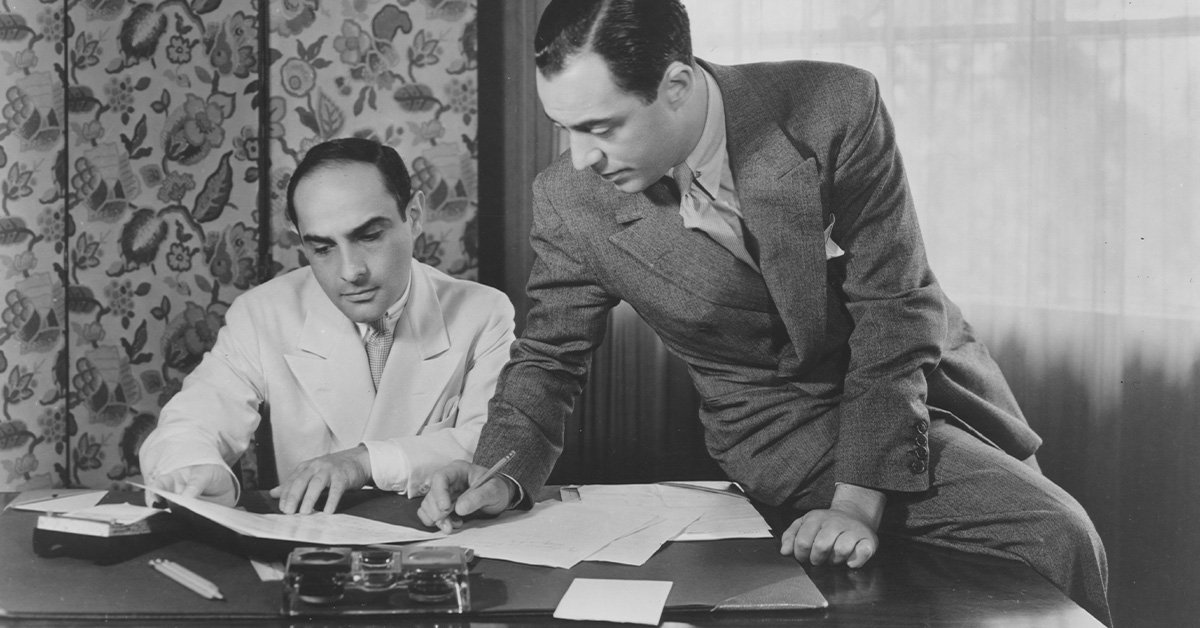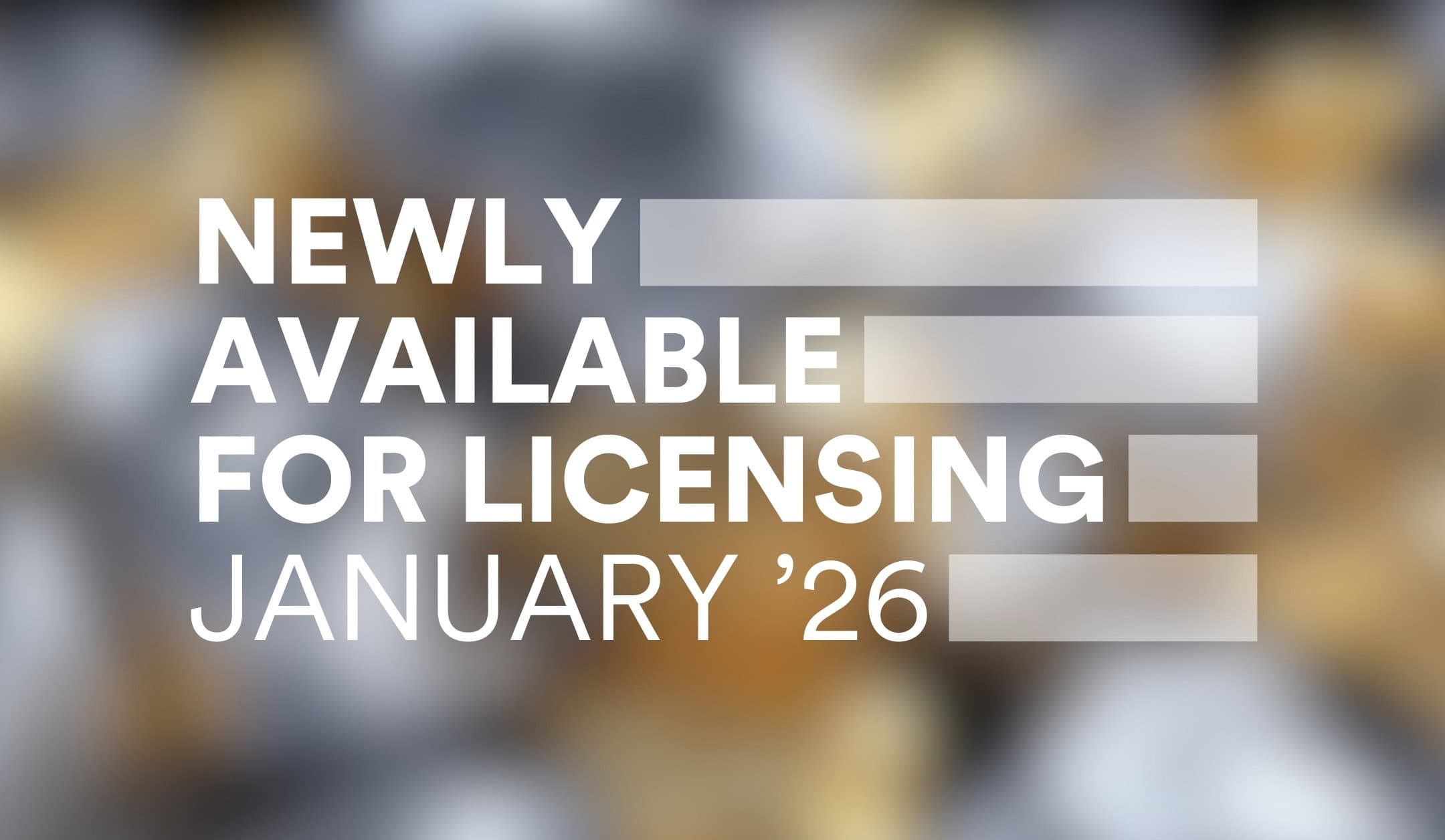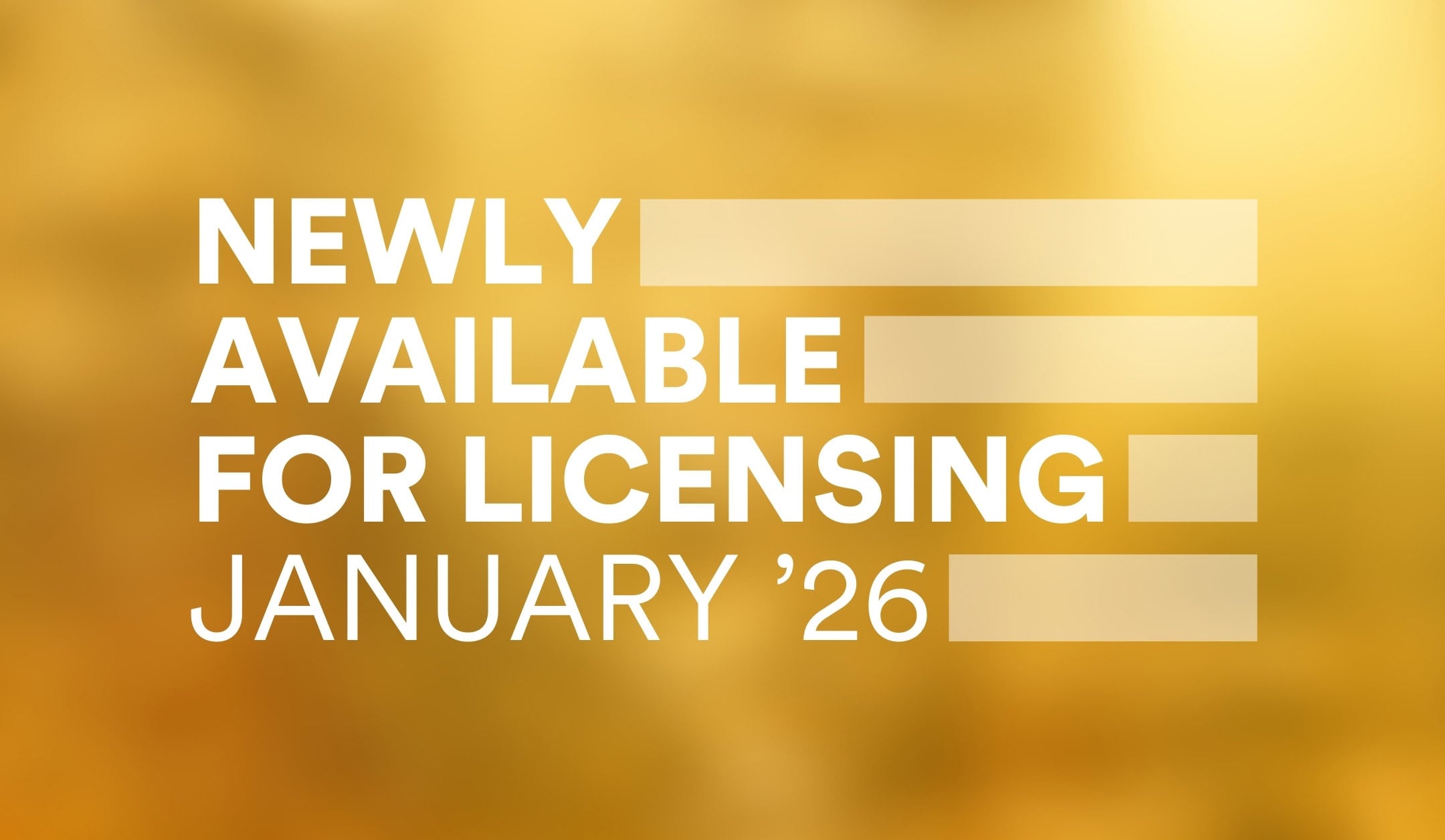
Decades before audiences were yee-hawing to Rodgers & Hammerstein’s Oklahoma!, they were applauding with delight at the exuberant scores and razor-sharp lyrics of Rodgers & Hart. Lorenz Hart’s bitingly clever lyrics, with their unpredictable rhymes, elevated the musical comedy song to the level of poetry. He was an artist given to mercurial moods that were further exacerbated by tragedy and depression, but he used his nimble wit to pen over 650 tunes with his stalwart collaborator. Mr. Hart is now regarded as one of the founding fathers of the form in his own right.
We could think of no one better to discuss this enigmatic and gifted lyricist than leading Broadway music director and conductor Andy Einhorn (check out his insightful R&H Musicology series!).
Concord: Let’s start it off easy. What’s your favorite Rodgers & Hart song?
Andy Einhorn: How is that easy!? I love so many Rodgers & Hart songs…but I’m going to say it’s a tie between “Glad to Be Unhappy” and “I Wish I Were in Love Again.” I’m cheating a bit because I have a ballad and an up-tempo!
Pick your favorite lyric from those songs. Why do they resonate so much with you today, even all these decades after they were written?
The opening lyric of “I Wish I Were in Love Again” classically displays the wit and sharpness of Lorenz Hart: “The sleepless nights/ The daily fights/ The quick toboggan when you reach the heights/ I miss the kisses and I miss the bites/ I wish I were in love again” Here you see the extremes of love – the highs and lows, the dark, the light. All of it is captured in one single stanza, and how often do we hear the word “toboggan” used in a lyric?
It’s a great word! Very similar to Irving Berlin popping “rotogravure” into “Easter Parade.”
In “Glad to Be Unhappy,” it’s the verse:
Look at yourself – If you had a sense of humor
You would laugh to beat the band.
Look at yourself – Do you still believe the rumor
That romance is simply grand?
Since you took it right on the chin
You have lost that bright toothpaste grin.
My mental state is all a-jumble.
I sit around and sadly mumble.
Not only do you have beautiful alliteration, but the rhymes are also effortless, and this lyric looks introspective in such a profound way that it spills right into the well-known chorus. Hart’s verses often so slyly set up the chorus in a way that was unparalleled.
It’s one of the many ways in which is work was unparalleled. What do you feel set Lorenz Hart apart and caused him to excel beyond other lyricists of his generation?
What we know about Hart is that he lived a very difficult private life, and this is so beautifully reflected in his lyric writing. There, he seemed to have an outlet to express his repressed emotions. He spoke directly from the heart, pun intended. Rodgers also beautifully complemented his melodies and harmonies to fit the lyric. His use of language was both conversational, but perfectly elevated to express every necessary thought. From up-tempos to ballads, Hart rarely missed a beat, and I think it’s why so many of his songs have become part of the American Songbook.
I also find that his work in particular is the gift that keeps on giving. People maybe don’t understand how prolific he was in his relatively short life – more than 650 songs! Sometimes you hear a song that you can’t place – you look it up, and it’s a Rodgers & Hart! So to that end: you’re just sitting down at a concert and you’re perusing the program and see a rarely-performed Rodgers & Hart song on the set list. And you think to yourself, “Awesome! I can’t wait to hear this.” What’s that song?
Good question. I think definitely “At the Roxy Music Hall” is one of the undiscovered gems of their canon.
I am not ashamed to admit that this was undiscovered even by me, so thank you for this gift! I just listened to it, and it’s delightfully bouncy and the triple rhymes are so sharp. He truly builds this classic (and sadly, long gone) New York movie palace with his words. My favorite by far:
Where the usher puts his heart in what he ushes,
Where a fountain changes color when it gushes,
Where the seats caress your carcass with their plushes,
At the Roxy Music Hall.
It’s honestly a gem!
It genuinely is. We know how well the man could turn a brilliant phrase. How do you feel Hart’s lyrics compliment Rodgers’ scores?
It’s similar to Rodgers & Hammerstein in that you can see how well the marriage, at least professionally speaking, worked. They fit like a glove and there is never a note OR word out of place in the material. Even the lesser-known material works beautifully. There is a natural ease of how Hart’s lyrics sit upon Rodgers’ melodies…in many ways, they’re even more conversational than Rodgers and Hammerstein. I had the good fortune of working on a production of Babes in Arms last year and I was smitten that every song has SOME clever turn of phrase. And isn’t it funny that “My Funny Valentine” has morphed from a song about a guy named Valentine to just a purely beautiful love song, yet it still works? I think we also underestimate the power of the language of Hart so much. For instance, the word funny had a slightly different meaning in the 1930s than it does today, yet it still stands the test of time. From their earliest song, “Manhattan” to some of their last ones, you can hear how effortlessly and symbiotically they crafted their songs.
You addressed earlier that Lorenz Hart had a difficult life. But he also wrote some of the most clever and joyous lyrics in the musical theatre canon. How do you believe his private life influenced his creativity?
This makes total sense to me. Many artists with difficult lives, Judy Garland, Lorenz Hart, etc, found an outlet in their art – here they are safe to express with almost no abandon. Also the ability to project onto a character allowed Hart the space to write both wit and humor. Look at something like “To Keep My Love Alive” – the sardonic and spit-fire humor is evident throughout the lyric. Don’t we often find humor in the darkest of moments and thus, it allows for a release? It’s like putting on a warm sweater on a freezing winter’s day, you just know it is OK to be and to allow your feelings to be on display without any comment or censorship. That’s what I feel is evident in all of Hart’s words – a vulnerability that exists without any boundaries
If you were to require us all to immediately open Spotify or YouTube to listen this one song by Rodgers & Hart to make our day a little brighter, what song would that be?
This one I can answer: “Sing For Your Supper.” This ALWAYS puts a huge smile on my face!
We couldn’t agree more!
…
To license a musical with lyrics by Lorenz Hart, visit concord Theatricals in the US or UK.
Header Image: Lorenz Hart and Richard Rodgers (courtesy of The Rodgers & Hammerstein Organization: A Concord Company).

Newly Available for Licensing – January 2026 (UK)

Newly Available for Licensing – January 2026 (US)



